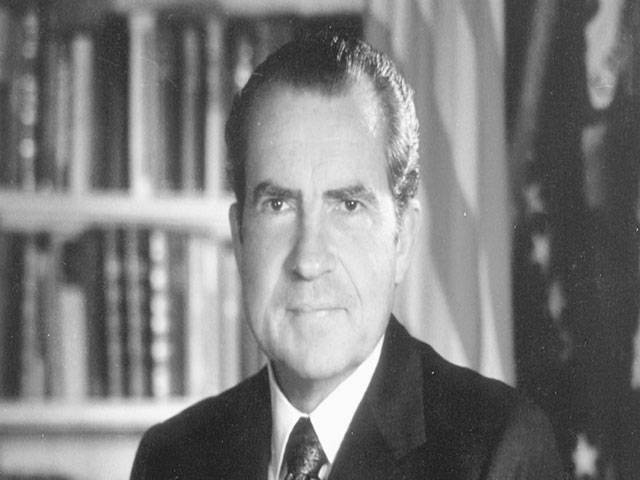When the President does it, it means
that it’s not illegal.
–Richard M. Nixon
Born on 9th January, Richard Nixon (1913-94), the 37th U.S. president, is best remembered as the only president ever to resign from office. Nixon stepped down in 1974, halfway through his second term, rather than face impeachment over his efforts to cover up illegal activities by members of his administration in the Watergate scandal. A former Republican congressman and U.S. senator from California, he served two terms as vice president under Dwight Eisenhower (1890-1969) in the 1950s. In 1960, Nixon lost his bid for the presidency in a close race with Democrat John F. Kennedy (1917-63). He ran for the White House again in 1968 and won. As president, Nixon’s achievements included forging diplomatic ties with China and the Soviet Union, and withdrawing U.S. troops from an unpopular war in Vietnam. However, Nixon’s involvement in Watergate tarnished his legacy and deepened American cynicism about government.
Nixon’s foreign policy to this day has very strong detractors. The modern conservative movement (neoconservatives included) rose to power by lambasting detente as both ineffective and immoral. Nixon did end American involvement in the Vietnam War and he did “open China,” but he also offered financial, military, and rhetorical support to Apartheid South Africa and the Shah’s Iran.






